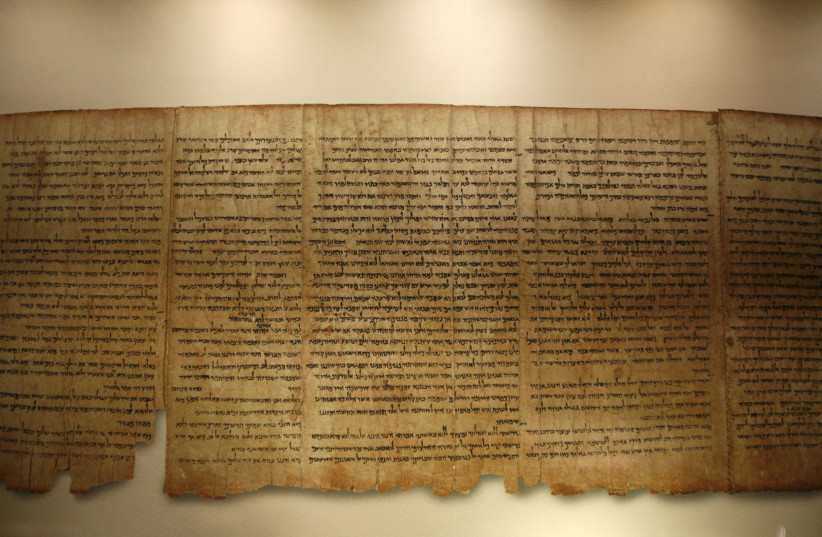Nearly a hundred years have passed since the last solar eclipse graced New York’s skies, and the city’s anticipation has reached fever pitch. Preparations have spanned months, with both residents and tourists poised to witness this rare dance of the cosmos.
The eclipse is expected on Monday, April 8th. Yet, amidst the scientific fervor, some are turning to ancient scriptures, seeking connections between this modern marvel and the prophetic celestial imagery found in the Old Testament.
The Bible, a document as much historical as it is spiritual, recounts several instances that scholars and believers interpret as references to astronomical phenomena akin to a solar eclipse. In these ancient texts, celestial events often symbolize divine messages or judgments. Here, we explore these passages to understand the deep connection humanity has with the cosmos, as seen through the eyes of those who lived thousands of years ago.
Words from the prophets
Isaiah 13:10: "The stars of heaven and their constellations will not show their light. The rising sun will be darkened and the moon will not give its light." This passage reflects on the darkening of celestial bodies, perhaps a reflection of the awe and fear that an eclipse can inspire.
Ezekiel 32:7: "When I extinguish you, I will cover the heavens and darken their stars; I will cover the sun with a cloud, and the moon will not give its light." Here, the eclipse imagery serves as a metaphor for divine judgment, a theme common in prophetic literature.

Joel 2:10; 2:31: "The earth shakes, the sky trembles, the sun and moon are darkened, and the stars no longer shine... The sun will be turned to darkness and the moon to blood before the great and dreadful day of the LORD." These verses from Joel vividly depict the sun and moon’s darkening as precursors to significant divine action, mirroring the awe that solar eclipses have historically inspired.
Joel 3:15: "The sun and moon will be darkened, and the stars no longer shine." This repetition of celestial darkening themes underscores the impact of such events on the human psyche and society.
Isaiah 38:8: "I will make the shadow cast by the sun go back the ten steps it has gone down on the stairway of Ahaz." This verse, referencing a miraculous event where time appears to reverse, highlights the power attributed to divine control over the cosmos.
This solar eclipse, while a marvel of modern astronomy, also beckons us to ponder the universe's mysteries and our place within it, as generations before us have.
